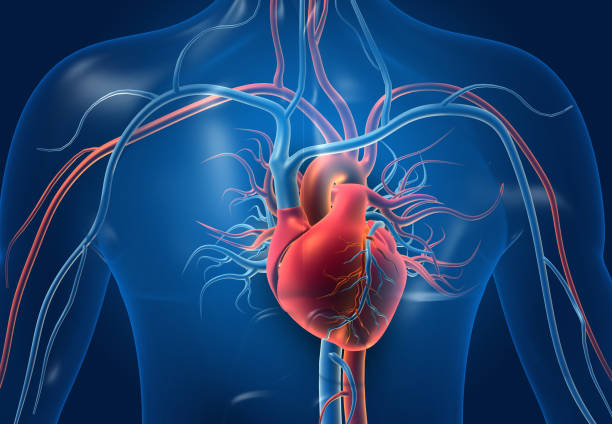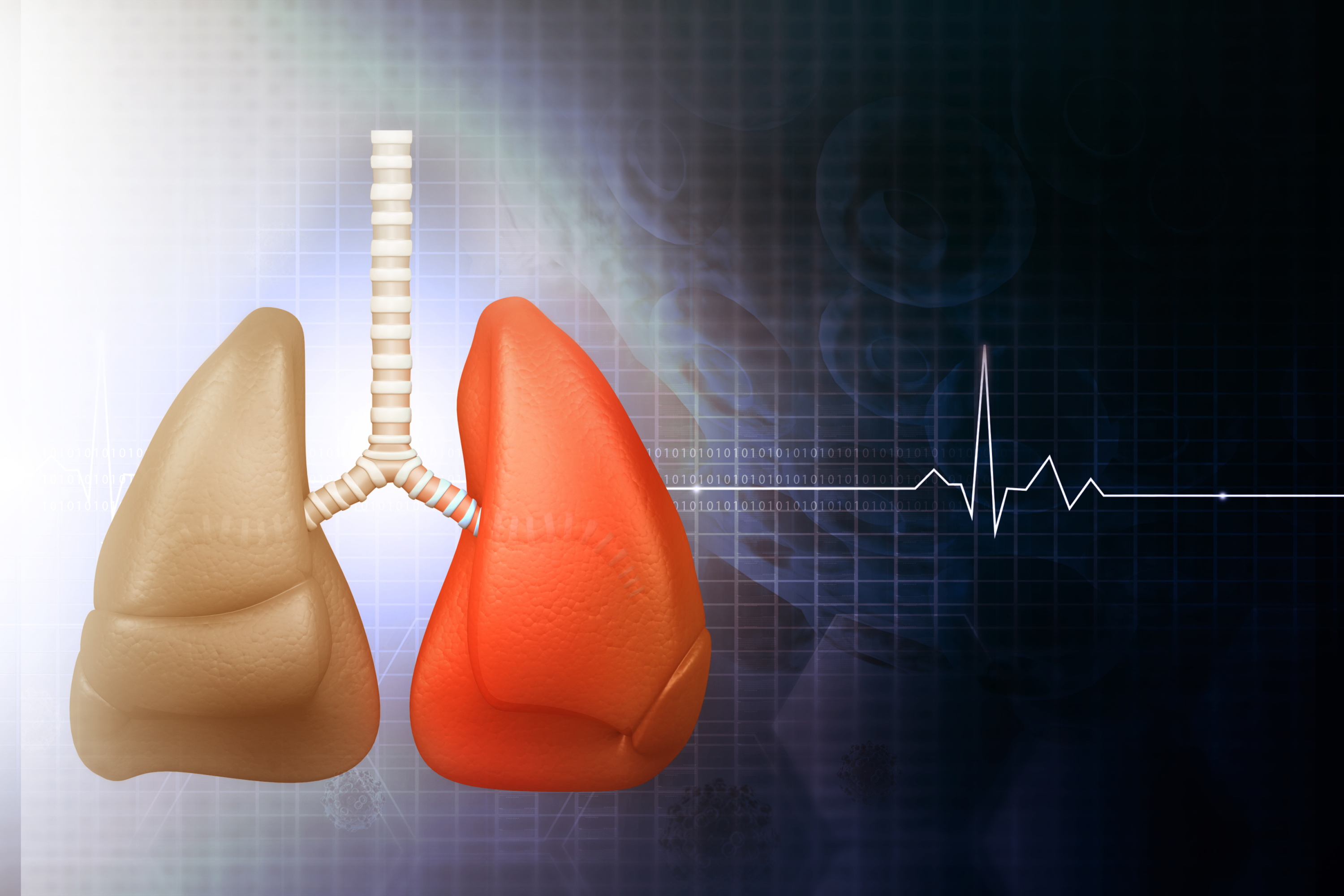Five symptoms you should pay attention to: they warn of possible heart problems and many overlook them

According to the Mayo Clinic, heart disease encompasses a variety of conditions that affect both the structure and function of the heart.
Often, the heart doesn't receive the necessary attention until serious complications arise. The worrying thing is that warning signs can often be subtle or confused with other common problems, leading many people to ignore them. Below are five important symptoms that shouldn't be overlooked.
1. Unexplained fatigue It's normal to feel tired after a long or tiring day, but when fatigue occurs for no apparent reason or worsens with everyday activities, such as climbing stairs or walking short distances, it could be a sign that your heart is weakening.
This fatigue occurs when the heart is unable to pump enough oxygenated blood to the tissues, leaving the body without energy. Especially in women, extreme fatigue can be a precursor to a heart attack , although it is often mistakenly attributed to stress or age. According to the World Health Organization (WHO), this type of chronic fatigue should not be ignored.

This is what you should know. Photo: iStock
Not all heart pain is sharp or constant. Some present as an uncomfortable pressure in the center of the chest that lasts for a few minutes and then disappears.
This type of discomfort, known as angina, can radiate to the left arm, jaw, back, or stomach, and is usually triggered by physical exertion or emotional stress. It's important to note that if you experience chest pain that comes and goes, it shouldn't be ignored.

This is what you should know. Photo: iStock
When the heart doesn't pump efficiently, blood can stagnate in the veins, causing swelling in the lower extremities, known as peripheral edema. This symptom often worsens at the end of the day or in hot weather and can leave marks when the skin is pressed with a finger.
Swelling can also be a sign of right-sided heart failure, in which the heart cannot properly receive blood returning from the tissues. If swelling is accompanied by rapid weight gain or difficulty breathing when lying down, it is essential to consult a doctor immediately.

Pay attention to swelling. Photo: iStock
Experiencing sudden dizziness or fainting may indicate arrhythmias, low blood pressure, or blockages in the arteries that reduce blood flow to the brain. These episodes are even more worrisome if they occur when standing up quickly, during exercise, or without any clear trigger.
If these dizziness symptoms are accompanied by palpitations (irregular or rapid heartbeat), the risk of stroke increases significantly . Experts warn that ignoring these symptoms can be fatal.

This is what you should know. Photo: iStock
Dyspnea, or shortness of breath, that occurs at rest or with light activities (such as dressing or talking) is an alarming sign. In heart failure, the lungs can become congested because the heart isn't pumping blood efficiently, causing fluid to build up in the lungs.
This symptom can be confused with asthma or anxiety, but it's recognizable because it worsens when lying down and improves when sitting. If you also experience a cough with pink or foamy phlegm, it's a clear sign of a medical emergency and should be treated immediately.

This is what you should know. Photo: istock
If you experience any of these symptoms, it is essential to consult a doctor for a proper evaluation. Detecting these problems early and making lifestyle changes can prevent serious complications, including heart attacks, according to WHO experts.
El Universal (Mexico) / GDA.
More news in EL TIEMPO *This content was rewritten with the assistance of artificial intelligence, based on information from El Universal (GDA), and reviewed by a journalist and an editor.
eltiempo





